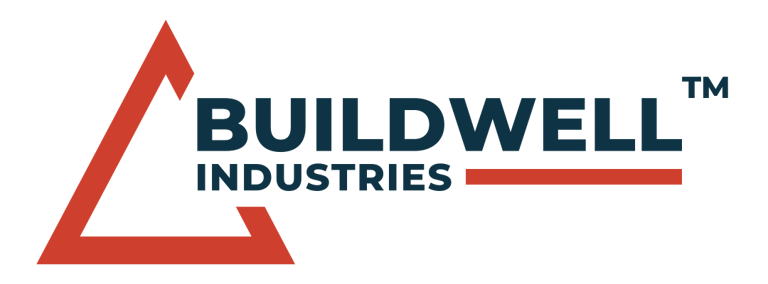The Compliance Gap in Northeast Tennessee Construction—and Its Chain Reaction Across the Regional Economy
OFFICIAL COMPLILINK - COMPLIANCE LOGIC WHITEPAPER
7/28/20252 min read
Summary
Across Northeast Tennessee’s Tri-Cities region (Johnson City, Kingsport, Bristol, and surrounding counties), local governments have been strengthening building and safety requirements. Yet, violations like unpermitted work, unlicensed contracting, and stormwater or safety lapses still occur — creating costs and risks that ripple far beyond a single jobsite.
This report summarizes publicly available information and shows how those gaps can affect homeowners, small businesses, insurers, and even the environment.
Common Compliance Issues Seen Regionally
Unpermitted Work
Local fee schedules in cities such as Johnson City outline double permit fees when work is started without the proper approvals. Some counties impose daily fines until issues are resolved.Code Enforcement Workload
When cities began tracking code-enforcement inspections related to unpermitted construction, the number was significant — showing that non-compliance is not a one-off problem.Unlicensed Contracting
State disciplinary reports regularly list actions for unlicensed activity across East Tennessee. These enforcement actions happen monthly and involve a variety of construction trades.Stormwater and Environmental Standards
Recent county ordinances now require proof of state environmental permits for certain projects and allow immediate work stoppages if those permits aren’t in place.Workforce Safety
Construction remains a high-risk industry for injuries and fatalities. National data also shows a higher-than-average suicide rate among construction workers, linking jobsite disorder and safety lapses to worker well-being.
Why It Matters Beyond the Jobsite
For Homeowners and Businesses: Fines, permit delays, and stop-work orders increase project costs.
Projects started without full vetting risk future legal and insurance complications.
For the Community:Non-compliance can leave neighborhoods with unsafe or incomplete structures until enforcement steps in.
For the Environment: Improper stormwater controls can lead to sedimentation, runoff pollution, and damage to local waterways.
For the Workforce: Project interruptions mean lost wages and unstable work schedules.
Safety gaps increase injury risk and contribute to workplace stress.
The Bigger Picture — A Chain Reaction
Compliance issues don’t stay contained to one project. They can:
Disrupt subcontractor and supplier schedules
Delay or derail property sales and financing
Increase workloads for municipal inspectors
Raise insurance premiums for entire regions
Harm trust between contractors and clients
How the Region Can Improve
While enforcement actions are necessary, the best results come from proactive compliance:
Educating property owners before they hire or start work
Clear permit and zoning guidance at the planning stage
Accessible contractor license verification
Consistent jobsite safety practices
Environmental protection steps built into the project timeline
Communities that move compliance checks earlier in the process tend to see fewer delays, fewer disputes, and better project outcomes.
A Call to Action
The Tri-Cities region has strong rules on paper. The next step is making sure homeowners, contractors, and developers know and follow them from the start. The payoff? Safer jobsites, healthier neighborhoods, stronger businesses — and an economy that builds on trust.
